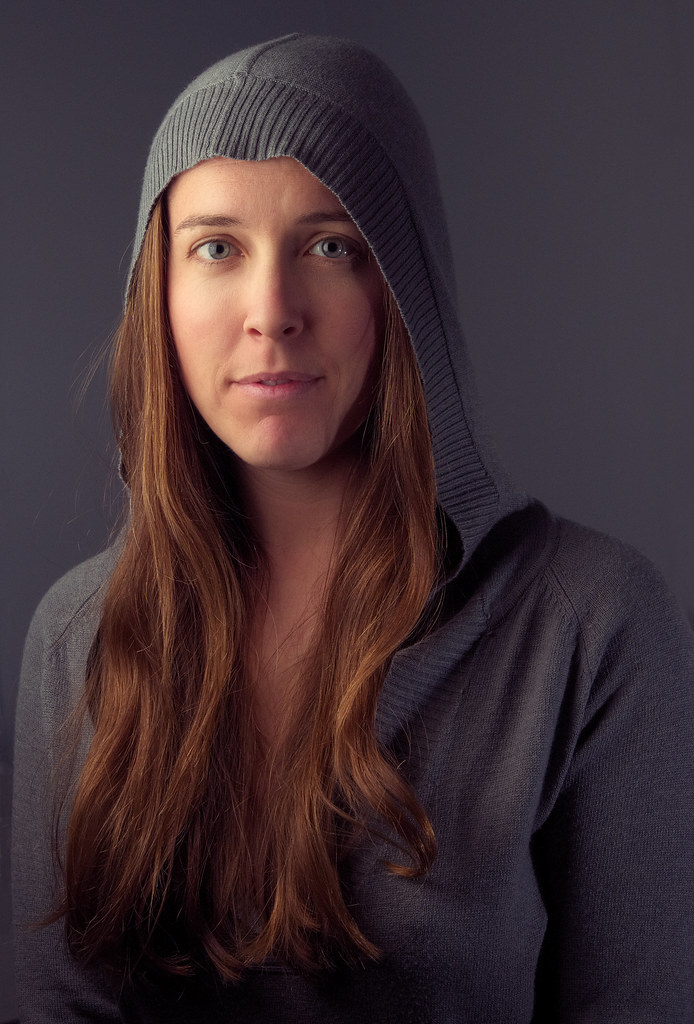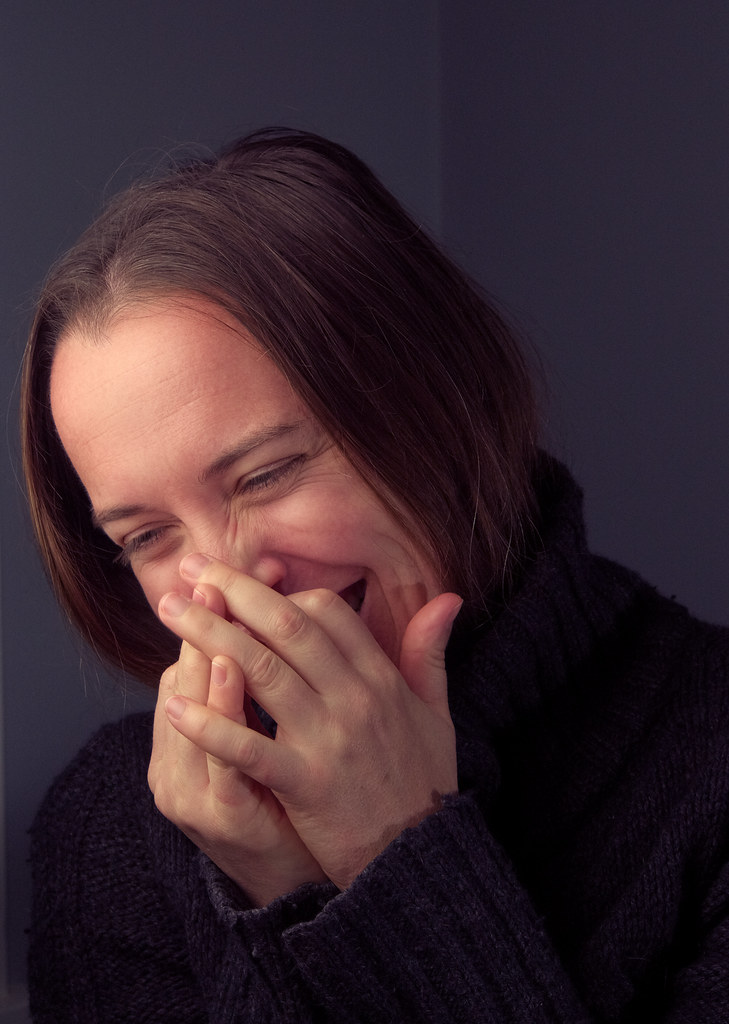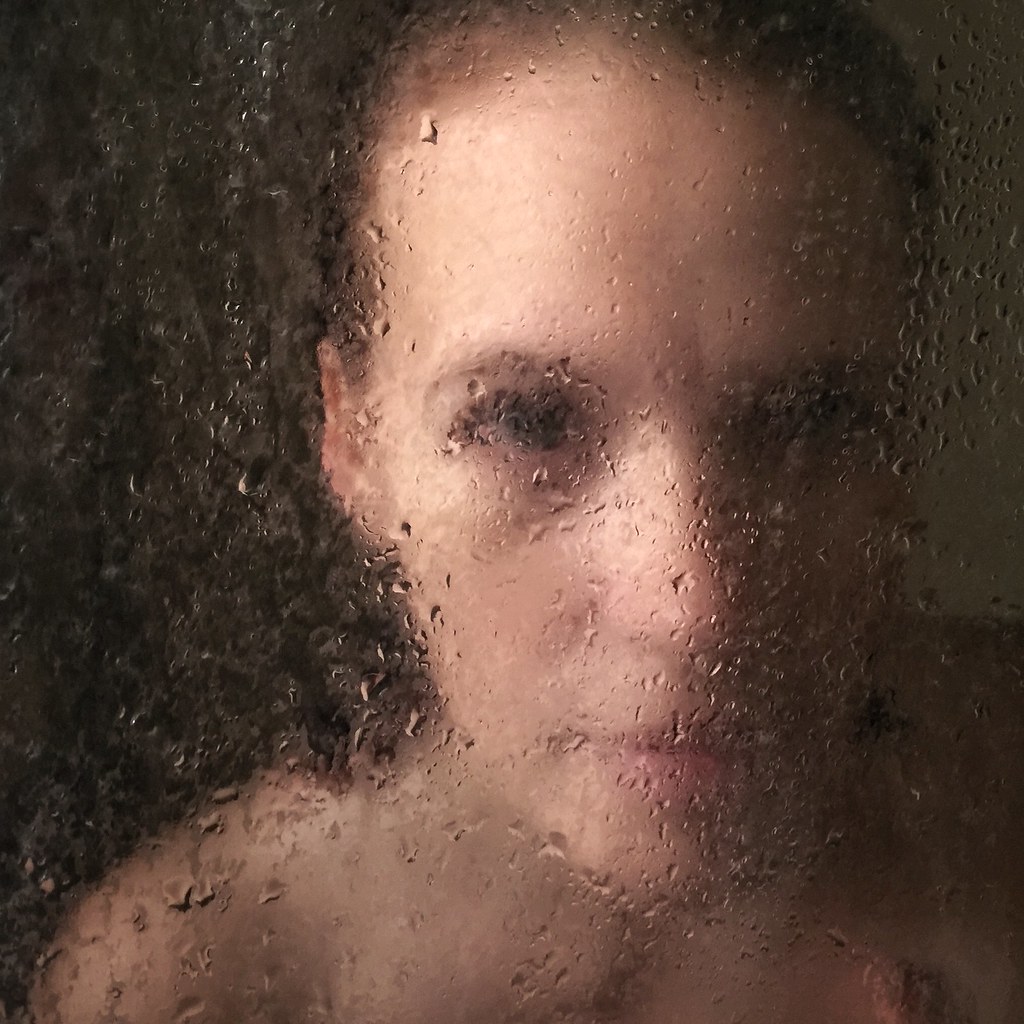I didn’t mean to delete that, jfyi
This is a great question. I am currently working to share many photos I have taken over the years. As a hobbyist, I have often focused on making photos of scenes, flowers, buildings, non-pet animals, etc. In other words, things that I thought looked good and would be great photo subjects.
Well, now I’m more that 70 years old, and I am realizing that most people are really only interested in photos of people whom they know. They will look at my “object” photos, and their attitude is, “Ok, that looks good, but who cares?” So I am wondering whether I should have taken more “snapshots” of family and acquaintances rather than trying to make beautiful pictures. Maybe I’m just not as “people focused” as most others.
Well, it’s too late to go back now.
Excellent point. I often wonder about the life of my photos after I’ve taken them and shown them to people initially. There’s a lot of effort that goes into archiving but other than as an aide memoire to certain trips, I don’t know exactly their value, at least to other people. I guess there needs to be a human story or context attached to the images, especially if they are of abstracted objects, for most people to take interest.
I think I began photographing as a record of my life, without any artistic intentions. Somewhat to my surprise, the emotional impact of these “matter-of-fact” images sort of grew over the years. Banal as they may be, they still connect me to that prior self of mine and reactivate those memories and emotions. I sometimes wonder how many of my early memories are actually memories of photographs instead of “real” events.
When life handed me a complex camera, my relationship with photography changed somewhat. The camera afforded more parameters to tweak, thereby forcing me to actually choose them, wisely or otherwise. At the same time began my involvement with post processing, and its myriad additional parameters. With those two came a certain intrinsic joy of mastering a complex machine, which turned out to enhance my enjoyment of photography greatly.
After this technical phase however came the eternal struggle of artistic purpose. Pictures of solitary trees and sunsets were shot, and quickly forgotten. Increasingly, I realize that my most impactful pictures are invariably pictures of people I know in some memorable context. These images I keep coming back to, as a memento as much as an expression of art.
I find great joy in the meditative solitude of a hike and photo walk. The pictures are actually not that important in these cases, but the camera lets me focus on the visual beauty in the world, that I’d otherwise pass by obliviously. During family trips, on the other hand, the camera gives me some creative space of my own, amidst the chaotic commitments of family life. These pictures of our kids tend to be incredibly memorable regardless of their artistic merit.
Often, too, the photo makes it possible to see what we do not see. I remember Michelangelo Antonioni’s film from 1966.
In his lab, after a long development phase, the photographer reveals the reality that he had not seen in the field.
The story is set within the mod subculture of 1960s London and follows a fashion photographer.
“Blow-up”
I like when this happens to me
-
When I accidentally got back into photography (I bought a small Lumix at an airport thinking I would shoot some video), I began viewing routine places around me with new eyes. The flipside you might end up going to even remarkable places and only looking for good shots. There’s a tension, for me.
-
I see an immediacy to snapshots that the more beautifully constructed images risk losing. News footage, realist cinema and now rough phone or surveillance footage (handheld, obvious stuttering frame rates, jump cuts, harsh lighting, film grain, video noise) connote unmediated truth or honesty because you see the means of production on display. Ironically, the transparent window on the world that I aspire to in landscape pics is a bit untrustworthy in comparison, I think. So some might scoff but I can see the appeal of point and shoot film to a group of younger people who are so used to a digitally manipulated world and might feel a nostalgia for what seems like a simpler offline time that they’ve never lived. Yes, it’s also just been trendy, with celebs flashing expensive contax’s around.
Isn’t this associative and limited by the genre of the capture?
If not, then check out the movie The Blair Witch Project.
@paperdigits I’m not 100% sure what you mean by associative in this context. But I guess it’s that it doesn’t mean these are honest or truthful but merely suggest so. If so, absolutely. As I understand it, the earliest and most frequent user of the jump cut after European arthouse cinema (there may well have been earlier uses excluded from the western canon), was by corporate advertisers like Pepsi, particularly in my memory in the 80s, with a kind of MTV aesthetic. Whoosh
And yes, genre specific. Though there is genre experimentation. For instance, Culloden, the story of British army’s destruction of the Jacobite rebellion told in the style of modern war reporting. Sorry, this turned into film studies post…
But yeah a film point & shoot shot of a grand landscape with autoflash and the date imprinted in the bottom right corner would probably just be considered a bad picture. True
Why Photograph? Because we have it.
We have had it for more than one century and today it permeates our everyday lives, it’s everywhere. Use it artistically or use it to register the spirit of the time. Keep it for yourself, or share it online and offline.
If someone were to ask me “Which medium would you use to express yourself or your vision of the world, which medium would you choose?”
My answer would be “I would paint. Or, I would write. If I knew the basics of musical composition well, I would write music. Or perhaps I would cook a mouth-watering dish”. But if I were right on a desert island where I have no brushes, no pen, no pots, but I only had a camera, I’d use that. And for me that camera would be a treasure.
Every media is precious.
I mean you associate “unmediated truth or honesty” and “seeing the means of production” (you perceive you see the means of production) with the qualities of “handheld, obvious stuttering frame rates, jump cuts, harsh lighting, film grain, video noise”. These two things are stuck together in your mind because that’s what we have been shown. You’ve been conditioned to associate these things together.
The Blair Witch Project exploited that association quite well, as it is a complete work of fiction. I remember people thought it was real when it came out.
Not sure where I’m headed with this… No where specific right now, just thinking out loud.
Yes, agree with all that. Pretty arbitrary, too. I was taught that Italian neorealism looks the way it does because they were using leftover stock ends from newsreels after WWII. It was contingent not planned. In photography, use of film style (created digitally or otherwise) is now nostalgic (arguably) but it’s just the technology that was available at the time. Anyway, my ramblings are in serious need of an editor.
@hatsnp’s list in post 2 covers most of it very well for me. Pretend I copied it here ![]() , and then add a side order of being able to go back and re-live past experiences.
, and then add a side order of being able to go back and re-live past experiences.
I take photos for my own enjoyment and to challenge myself to do it well. I don’t go out of my way to show them to anyone, and almost never share them to social media. I honestly don’t know whether that would change if my work got better. Regardless, those days getting out in nice conditions are a joy just for the experience, even if I get no keepers.
I have, like @ggbutcher many reasons to photograph, and a history of collecting images that are of a variety of qualities and purposes.
However like Pete Wands (mentioned in the original post):
I find that there is a benefit to consciously doing “hobby” photography. That doesn’t mean I won’t sometimes use my camera/s (as opposed to just a cell phone) to take photographs as part of my work, but the main reason I took up photography again (as opposed to taking an obligatory family shot, or recording the breaker box, or how to put away the Christmas decorations) was for the pleasure and creativity of the activity.
That creativity does involve processing as well, but the hobby is also an impetus to go somewhere new, or consciously seek to capture something different in a familiar locale: maybe using different framing or settings, or just trying to photograph a different species (I shoot a lot of wildlife).
Yesterday on a work outing I deliberately put my camera and long glass in the car, and I noticed a small park with lake with plumed whistling ducks. I have only managed a handful of captures of these previously, and all quite some years ago, in less than ideal conditions. On making my return journey, I stopped for 10-15 minutes to capture some images. It was a helpful tonic in disengaging from my work.
I share some of my results with friends and family … on my piwigo gallery, or via a canvas print or mug or similar as gifts on occasion. I have some prints of my work on the walls of my home, and as rotating wallpaper on my home-media PC.
Another answer to the Why? question: the capturing of images is frequently only a part of the activity that has those images as only one of its outcomes - getting in a wonderful hike, or exploring someplace new, or enjoying observing a new species, and can help not just be a record of the activity and an aide memoire; getting out is good for the soul.
I find the sentiments expressed both in this thread and the original interview extremely useful and reassuring
I agree with the sentiments previously expressed here. We all have our own internal impetus for creating (or capturing) images and it’s fun to see the motivations behind them.
I have fun setting up and shooting portraits where I control the lighting and model, but mostly as a technical challenge to see if I can reproduce something in my minds eye (and is usually influenced heavily by others work).
But the photos I find myself coming back to the most and deriving enjoyment from are those where I was shooting for the sake of something interesting or pleasing to me in the moment. Whether it be the quality of light or some other pleasing to me composition that I thought was interesting in some way. Keeping an eye out for that is a fun mental game I am usually running in some fashion constantly in the background…
Even within the constraints of an artificial setup there are small moments that are fun that I enjoy. While I like the way some purposeful work comes out…
it is sometimes the non-purposeful images that strike me and pull up memories even sharper:
I try to grab images of things that appeal to me. Sometimes this aligns with others, sometimes it doesn’t. Either way, I enjoy the process of seeing overall.
Or. Just rush in bathroom and take a photo of your spouse in the shower.
Why? It depends on the time and place you would ask me that question.
Well for me it went like this…
I liked to tinker with software since I was little to begin with, I never learned things by reading manuals, books or watched videos – I was too cool for that. Soon I stumbled across Photoshop CS2 in school at the time and step by step I tinkered with the software. Just wanted to see what this button does to the photo or that one…that was my way of learning. So one thing lead to another and I started “editing” random photos. Then I stumbled across Gimp since Photoshop was too expensive for me as a child and I repeated the process. A camera was too expensive for me and after some time my dad bought a cellphone with a “good camera” and I started taking photos and it was fun and exciting for me. In my teenage days I worked after school so I could buy myself a “budget” camera for taking photographs and at the same time the rise of Instagram started as well. It was exciting for the first part as I gained an audience and hoarded likes, because I thought that was (in my own mind) approval for being a good photographer by overprocessing photographs. Soon it became a burden for me since I wasn’t doing it for fun or for me anymore and became sick of it so I sold my camera and deleted my account and stopped taking photos. Fast forward to the future, something was missing in my life and I just became a father. As I was cleaning my old apartment I found an album of old photos of me as a kid and it struck me…my whole childhood, the moments I shared with friends and family all in one book and I felt joy and happiness looking at these old photos. So I bought a camera afterwards to take and develop photos of my son, family and friends.
Long story short: Just to capture precious moments so they can be revisited later. Since we tend to forget in life what really matters and we need to me reminded.
P.S. to this day I still dont read manuals or watch tutorials – still too »cool« for that, just kidding it is just my way of learing by tinkering, it brings me some sort of happines I guess( no offense to all the guys who do the hard work). Now I dont spend to much time editing, maybe a touch up here and there, most of my time goes into capturing moments
I apologize for typos and bad english since it is not my native language
By seeing a technically correct photo, you can get an idea of what the photographer saw.
From an interesting photo, we can get an idea of what the photographer thought of what he saw.
(translated by a machine…)
Because I feel like it.
For me taking photos is a good reason to spend more time in nature. So spending time in nature and taking photos and editing photos is also psychotherapy. Well and hiking is also doing sport. Especially looking through old and new pics and finding good ones is kind of training in positive thinking. It gives me a good feeling if I create something beautiful that I can share with others. I hope my pics make other people think positively as well.
I’m lazy so I find other people’s natural history therapeutic plus just stumbling upon it without taking pictures
I think secular mindfulness is known to be problematic being criticised as ’ full of mind 'not mindful however skilfully done it helps some people
Henry Cartier- Bresson was into Zen and the mystics seem positive about creativity : going beyond therapy to truth and the expression of it and beauty I like to think we will do that from time to time and other times being human our egos get in the way



